The opening credits to Robert Redford’s consummate period drama Quiz Show offers a window into a long-forgotten world. Excitement is in the air as city commuters hurry home from a long day’s slog to huddle eagerly together with their families in front of a hulking wood-encased TV set. This is the era when the TV show was simply unmissable, the one in question here being the hugely popular quiz Twenty-One, with Redford’s film focusing on the scandal the show found itself mired in and the resulting fall-out.
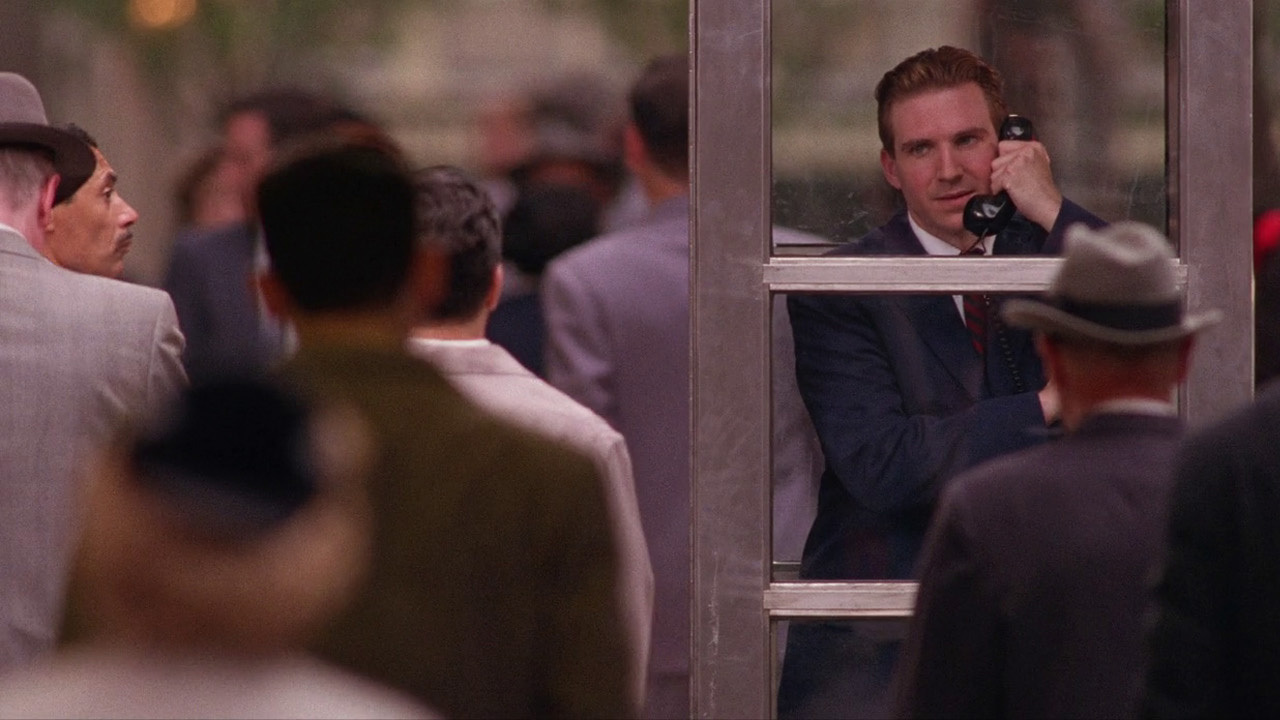
As Quiz Show begins we witness Twenty-One’s returning champion Herb Stempel (John Turturro) on his seemingly unstoppable run. But his jubilation and the enthusiasm of the audience is in marked contrast to the feeling behind the scenes. The show is haemorrhaging viewers and the last straw comes when the head of the programme’s corporate sponsor (a fittingly oily turn from Martin Scorsese) puts in a phone call to the producers (played by nineties go-to supporting characters actors David Paymer and Hank Azaria) to essentially topple Stempel from within. While the nebbish Jewish guy might be a hero back in his Queens neighbourhood, it’s a different story for audiences and those who hold the purse strings (at one point Stempel is cruelly described as having a “face for radio”.)
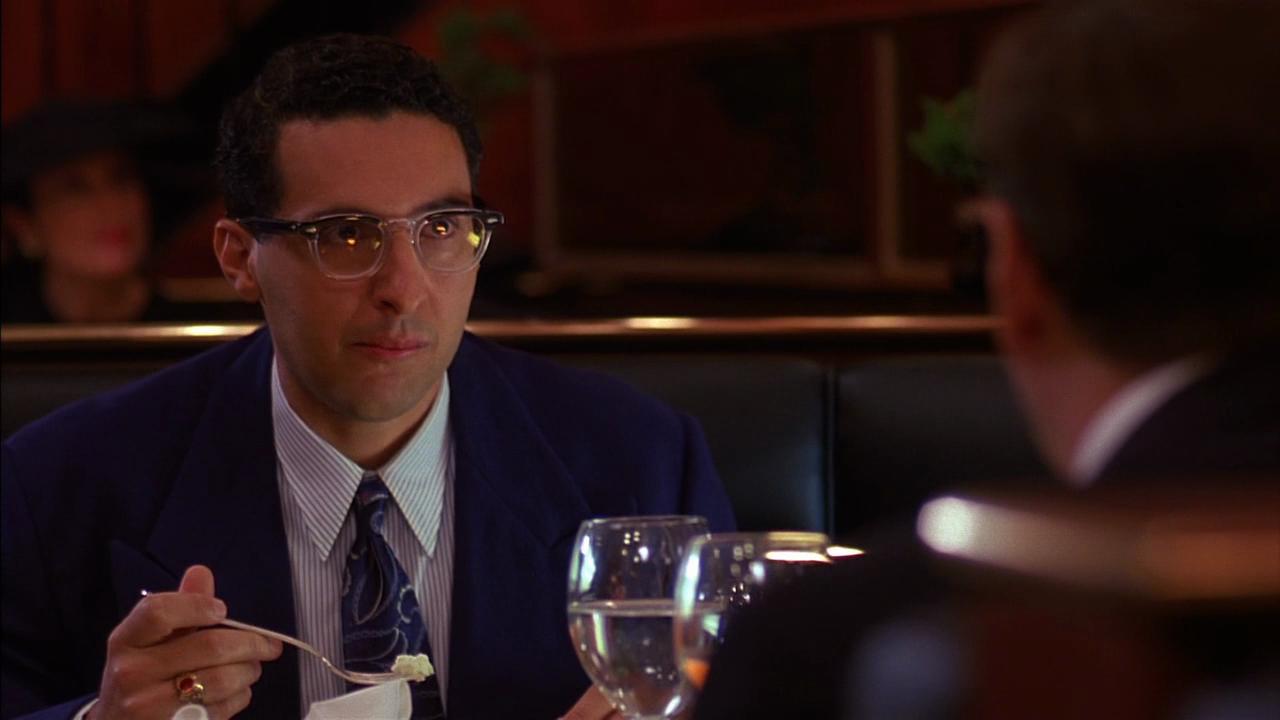
Step forward the preppy and handsome Charles Van Doren (Ralph Fiennes) the Ivy League-educated well-connected son of an esteemed literary family – the very epitome of white male privilege. Through the Machiavellian manoeuvrings of Twenty-One’s producers, Von Doren becomes the new golden boy when Stempel is asked to fluff the answer to a question he clearly knows. As Von Doren is elevated to celebrity status, Stempel finds himself financially ruined and begins to threaten legal action against the show’s makers. His actions bring him to the attention a young Congressional lawyer Richard Goodwin (Rob Morrow) who begins to investigate the possibility that everyone’s favourite primetime quiz show might just be rigged.
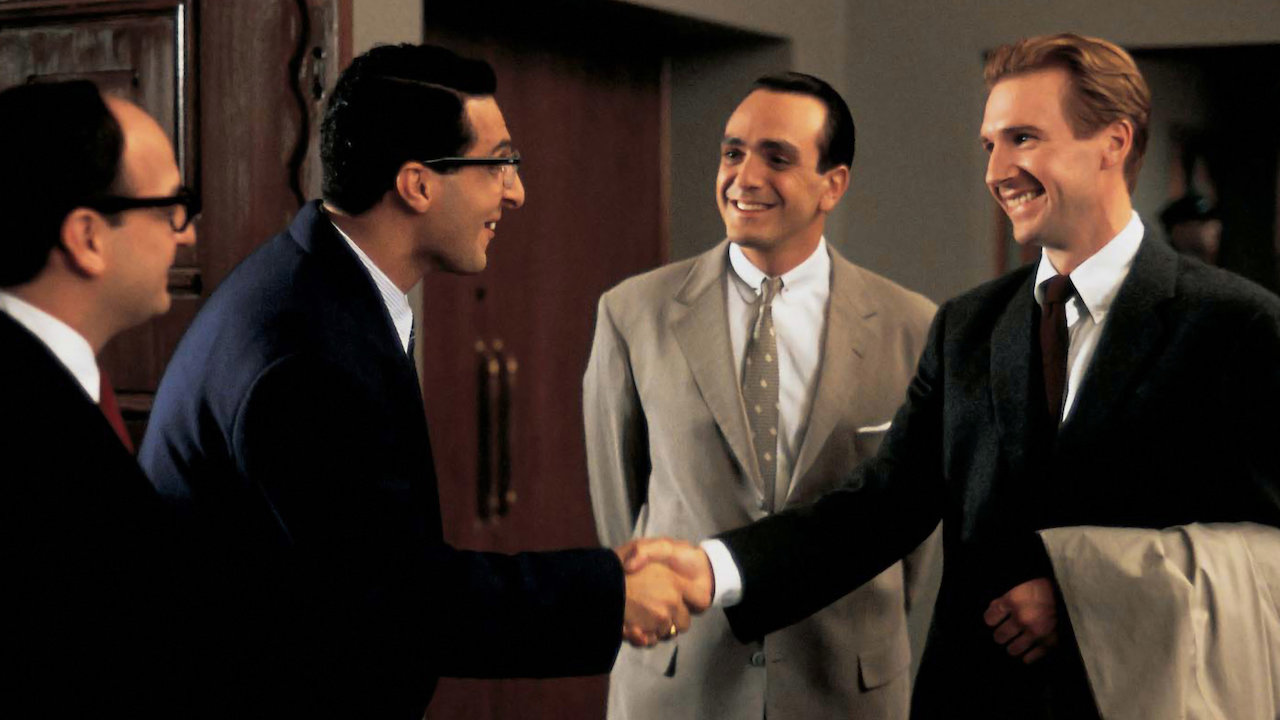
Quiz Show was a big disappointment at the box office, despite the pedigree attached to it and the effusive critical praise. Looking back even now, it’s hard to see why it didn’t fly. Alongside his directorial debut (1980’s awards-winning Ordinary People) this remains Redford’s best work behind the camera. His work here very much mimics the style of those films released in the era of Twenty-One’s popularity – plenty of dolly shots, leisurely-paced scenes and even montages with swirling newspaper front covers. It’s incredibly effective and not only helps imbue the film with a classiness, but offers up a timeless feeling, too. His cast are also on top form, particularly Turturro as the perennially downtrodden Stempel, and the double-hitter of esteemed English thesps Fiennes and Paul Scofield as father and son (the latter receiving a Best Supporting Actor as the caring Van Doren patriarch).
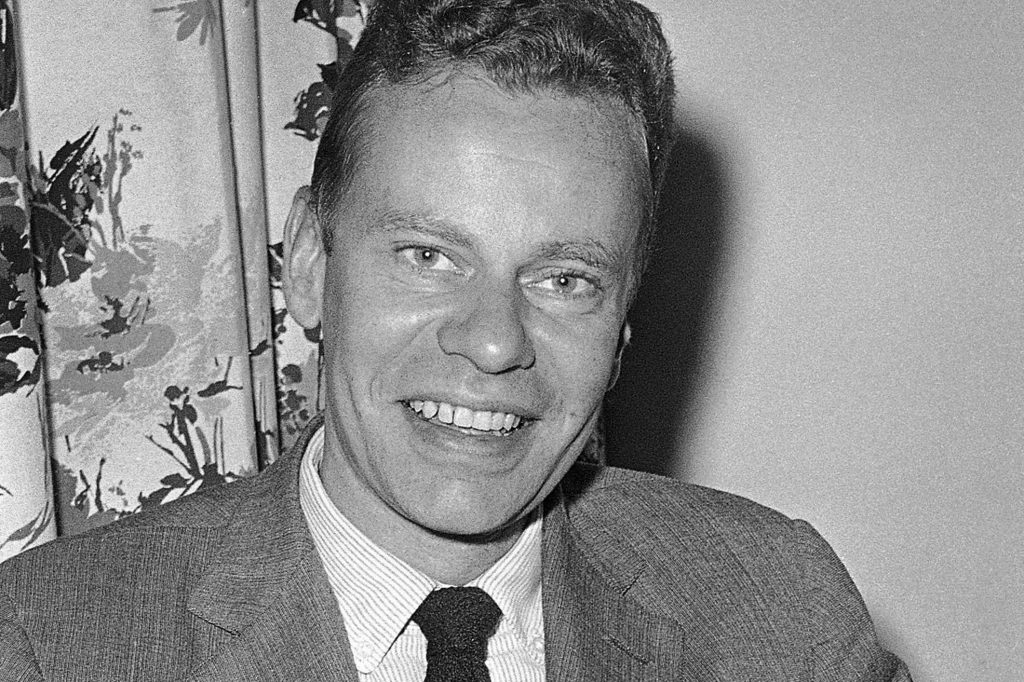
A large reason why Quiz Show has endured and grown in stature despite initial audience inertia has to be the notion of the class and race war which underpins the film. Stempel is looked upon as an unappealing and belligerent figure, while Von Doren – by virtue of his upbringing and social standing – gets a free pass after his complicit behaviour is revealed. Even Goodwin himself has no real desire to sully’s Von Doren’s name and reputation, instead focusing on going after Twenty-One’s producers. What happened on Twenty-One and the ensuing scandal is merely a microcosm of America’s ongoing struggle, and seeing it play out through the guise of an essentially light-hearted and initially inconsequential entertainment show makes for a fascinating and illuminating cinematic yarn.
- They Don’t Make ‘Em Like That No More | Robert Redford


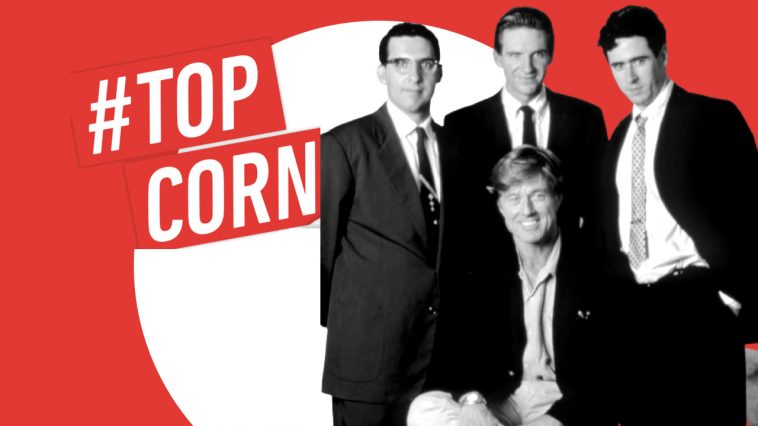
























Leave a Comment